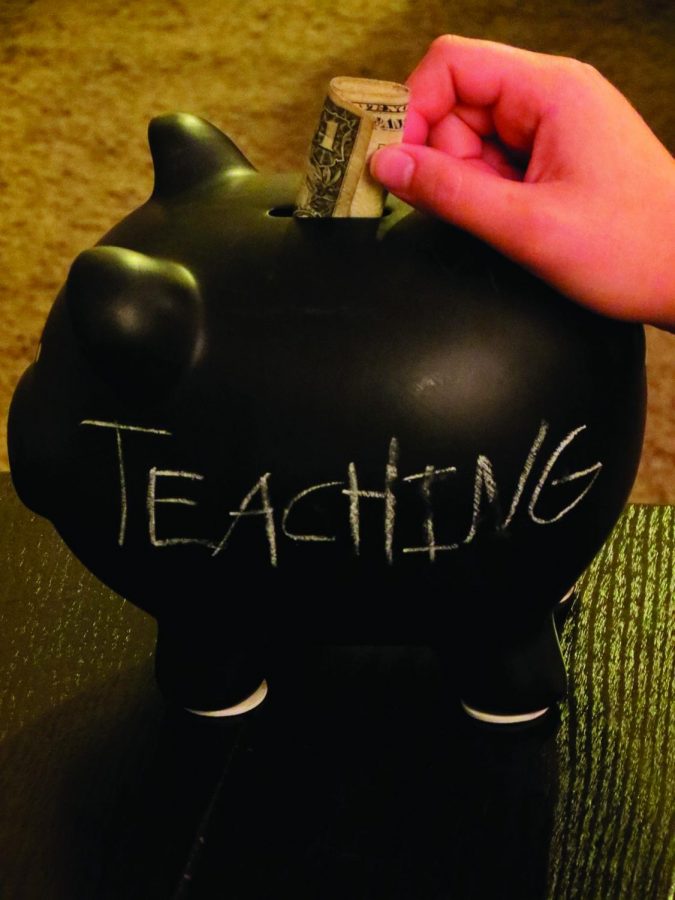Females choose least profitable majors, historically-based
September 26, 2013
Some majors lead to careers that will pay far more than others. However, the amount of men and women in these majors are not always equal. Statistical data on businessinsider.com shows that women tend to choose majors that lead to less profitable careers than men.
The data shows that 97 percent of early childhood education majors are women, as well as 96 percent of medical assisting services majors and 94 percent of student counseling majors. However, majors with much higher salaries, such as marine engineering and mechanical engineering have the least amount of female students, being 3 percent and 6 percent respectively.
Amber Paulk, a sociology professor at UNA, said women entering less profitable careers is not a new occurrence.
“You have to look back at history to get a full understanding as to why women choose careers that are more expressive and creative,” Paulk said. “When women first started entering the workforce, these were the only careers available to them. The pay was a great deal less and, unfortunately, you see that trend continuing today.”
The lack of education in previous time periods lead women to take whatever jobs they could get, Paulk said.
“At one point in time, UNA, like most universities, didn’t accept females,” Paulk said. “It’s fairly recent that women have had the right to an education. It has taken women a long time to even be allowed to study subjects like medicine and law.”
However, Paulk said she believes this trend of lower-wage jobs for women will decline in the future.
“There are slightly more women enrolled in college now than men,” Paulk said. “So, in the career field we hope to see that play out. If women are seeking the fundamentals of education more, then we should see more diversity in the fields they pursue. We would also hope to see more women in leadership roles, and more women being promoted at a fair and equal rate.”
Ashley Scruggs, a UNA senior, said she chose to major in secondary education despite the lower salaries received by high school instructors.
“I plan to teach children in high-poverty areas,” Scruggs said. “I’m doing it because teaching is my passion and because there is a need for good teachers in this area. So, for me, it’s not about the money.”
UNA Freshman Colton McCormick said she believes women end up with less profitable careers due to unfair practices in the profitable professions.
“I think some women are intimidated because men dominate certain careers,” McCormick said. “It can be a lot more difficult for women to get the same jobs as men. Also, women get paid less than men when they do.”
McCormick said women get paid less than men in any job that they do.
“When men and women begin to receive equal pay, it will coincide with how many men and women are in each career field,” McCormick said.
English professor Lesley Peterson said women have expected responsibilities that keep them from working certain hours.
“A lot of women have been excluded from professions that are dominated by men often because the expectations for work hours aren’t possible for someone who has a family,” Peterson said. “It’s usually the mother who sacrifices her profession in order to have time for her children.”
Women also cause careers to devalue in the eyes of men, Peterson said.
“Once women have succeeded in breaking into a profession that used to be dominated by men, that profession stops being prestigious and lucrative,” Peterson said. “Law is a really good example. It used to be that if you became a lawyer, you were guaranteed to be wealthy.”
Peterson said it will take a joint effort from men and women to see a change in career demographics.
“If women are hoping for things to get better for them, they better be prepared to fight for it,” said Peterson. “And if the men are predicting that things will get better for women, they better be prepared to help make it happen.”












